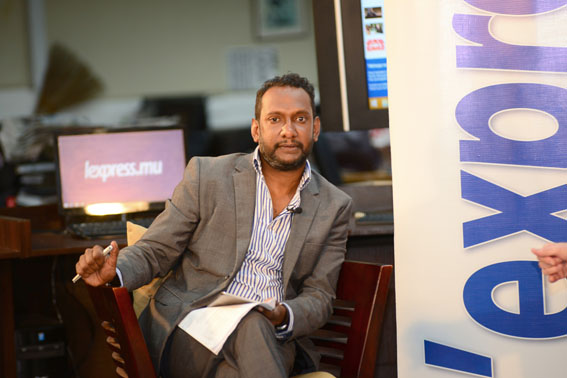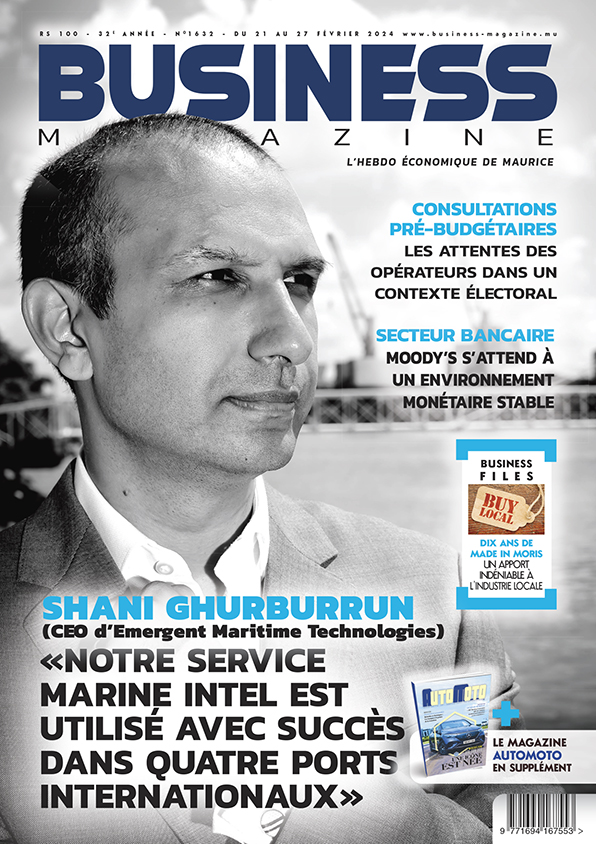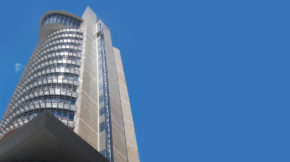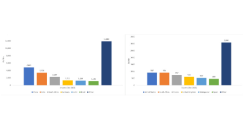AFRICA. Overcoming Debt, Security, and Environmental Challenges
Share

As the African Union’s 37th Conference of Heads of State and Government convened in Addis Ababa, it became clear that Africa stands at a pivotal moment much more than before. The continent’s leaders, including Moussa Faki Mahamat and Ambassador Bankole Adeoye, voiced their concerns over the myriad challenges facing Africa, from political instability and security crises to economic hurdles that threaten its future. The conference underscored a commitment to democracy, with a firm stance against unconstitutional governance changes, evidenced by the suspension of six countries. However, the continent’s unity faces tests from internal divisions and the challenge of presenting a united front on international platforms like the G20.
The discussion on Africa’s economic landscape revealed a continent grappling with the “Big Funding Squeeze” and the adverse effects of global crises. The reliance on natural resources, coupled with demographic pressures, underscores the need for innovative solutions and concerted efforts towards sustainable development. Among the critical issues highlighted was the continent’s debt crisis, described by some as a debt trap that began with independence due to the lack of accumulated capital.
Initially, Africa’s borrowing in the 1960s and early 1970s was moderate, sourced from regulated lenders including state-guaranteed private funds, bilateral funds from the Paris Club, and multilateral funds from the IMF, the World Bank, and the African Development Bank. However, the landscape shifted dramatically in the late 1970s following the first oil shock in 1973, as African states incurred debt from financial markets flush with petrodollars recycled into Eurodollars, lured by attractive interest rates for developing countries. The situation deteriorated when Paul Volcker raised the Federal Reserve’s prime rate in 1979, leading to a significant appreciation of the dollar and, consequently, a sharp increase in Africa’s debt burden. The continent’s external debt skyrocketed from $11 billion in 1970 to $120 billion in the early 1980s, peaking at $340 billion in 1995, with debt service costs ballooning from $3.5 billion in 1970 to $26 billion in 1995.
This debt, compounded by the impacts of the Covid-19 pandemic, represents not just an economic burden but a source of influence for Western countries, with a significant portion of Africa’s sovereign debt held by Western private lenders at interest rates double those offered by China. This scenario underscores the complex dynamics at play as Africa navigates its debt crisis amidst broader challenges.
Amid these economic challenges, Africa also faces environmental crises, with climate change threatening food and water security and potentially displacing millions. Initiatives like the African Facility for Support to Inclusive Transitions and the potential of sports for development hint at innovative approaches to foster unity and resilience.
As Africa confronts these daunting challenges, the path forward requires a unified approach to political and security stability, economic revitalization, and environmental sustainability. The continent’s response to its debt crisis, political instability, and environmental vulnerabilities will determine its future trajectory. Africa’s journey is emblematic of a broader global struggle for sustainable development, peace, and democracy, offering a reminder of the continent’s resilience and potential.
This critical juncture in Africa’s history is not merely a call to action for its leaders but a testament to the continent’s enduring spirit. By leveraging its strengths and addressing its vulnerabilities, Africa can navigate the current challenges to emerge stronger, carving a path toward a sustainable and prosperous future. This moment serves as a beacon of hope, demonstrating Africa’s capacity to overcome its challenges and play a pivotal role in shaping a new global order, one where it does not just participate but leads on the world stage.









